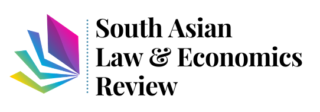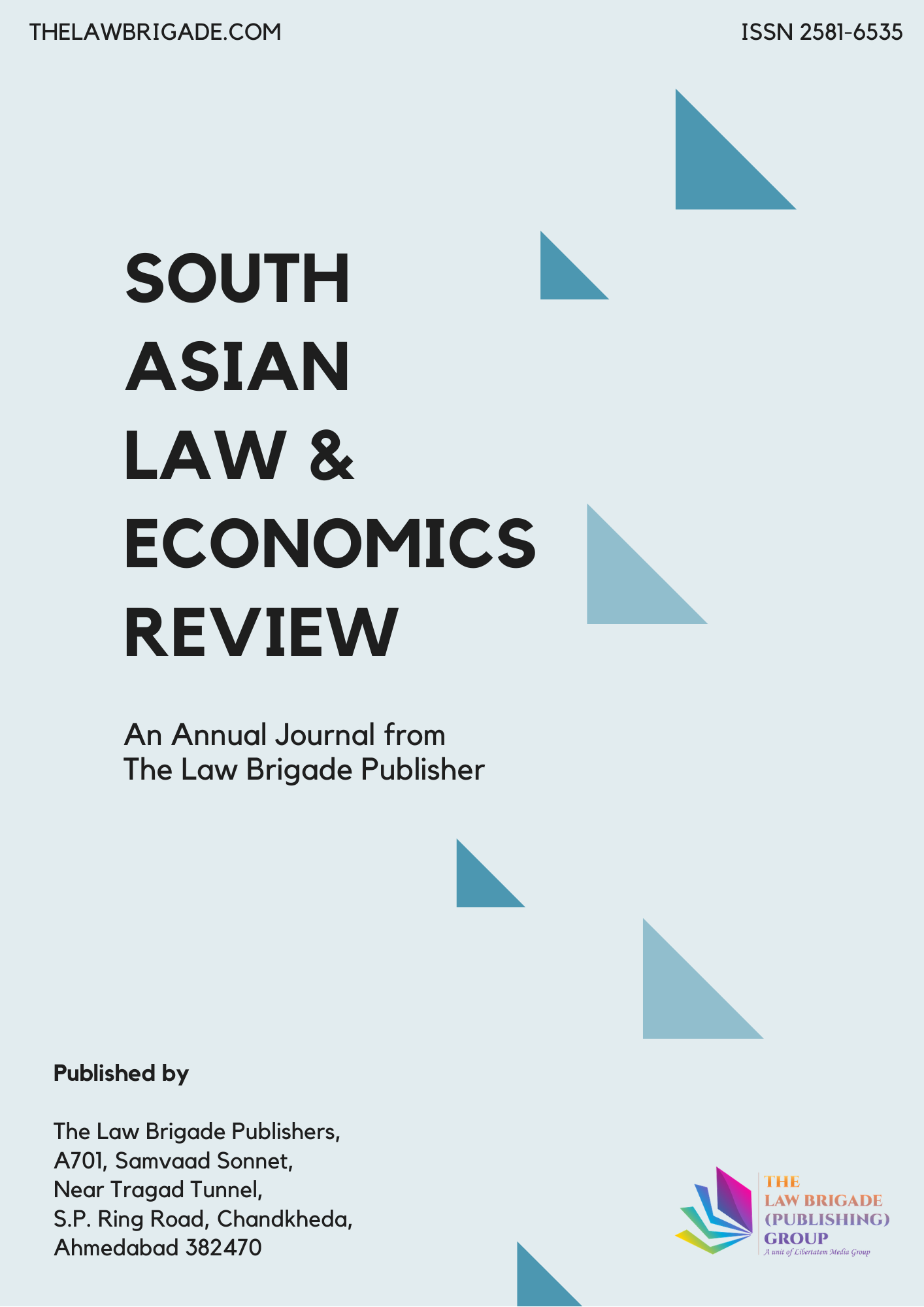In recent years, the intersection of artificial intelligence (AI) and medical diagnostics has yielded groundbreaking advancements, transforming the landscape of predictive medicine. This opinion piece delves into the remarkable strides made by TabNet, an innovative AI model, in the realm of cardiac disease prediction. The article navigates through the legal considerations surrounding the deployment of TabNet and explores its triumphs, unraveling the implications these advancements hold for medical practice.
TabNet, a sophisticated tabular data-driven neural network, has emerged as a powerful tool in predicting cardiac diseases with unprecedented accuracy. The integration of machine learning algorithms into medical diagnostics raises pivotal legal questions related to data privacy, patient consent, and liability. This piece critically examines these legal dimensions, shedding light on the evolving regulatory frameworks and ethical concerns that accompany the use of AI in healthcare.
The triumphant success of TabNet in cardiac disease prediction prompts a reflection on its potential impact on medical practice. From enhancing early diagnosis to optimizing treatment plans, the implications of such AI models are profound. The article evaluates the transformative effects on patient care, healthcare professionals, and healthcare systems at large, emphasizing the need for responsible implementation and continuous legal scrutiny.
Furthermore, the narrative unfolds in the context of the broader technological landscape, contemplating the ethical responsibilities of developers, healthcare providers, and regulatory bodies. As AI-driven predictive models become integral to medical decision-making, understanding and navigating the evolving legal landscape is imperative.
In conclusion, this opinion piece provides a comprehensive exploration of TabNet’s triumph in cardiac disease prediction, emphasizing the legal considerations that accompany its integration into medical practice. It seeks to contribute to the ongoing discourse on the ethical deployment of AI in healthcare, advocating for a balanced approach that maximizes the benefits while safeguarding patient rights and ethical principles.





